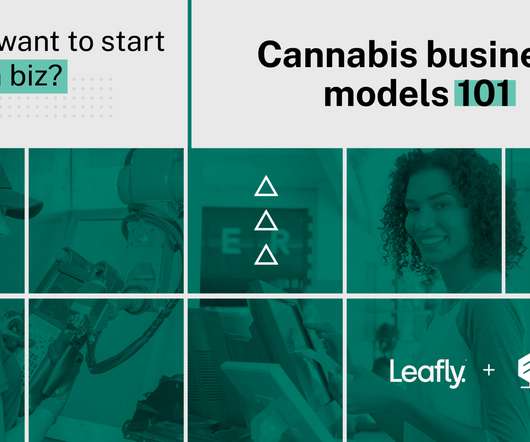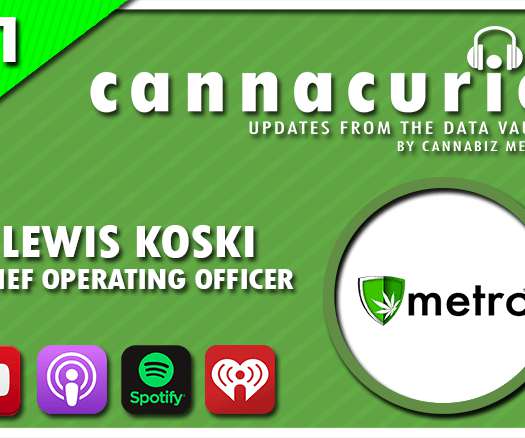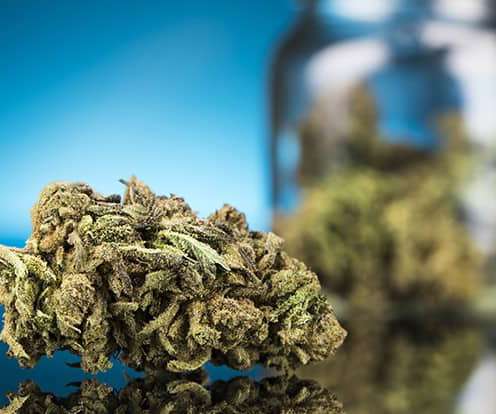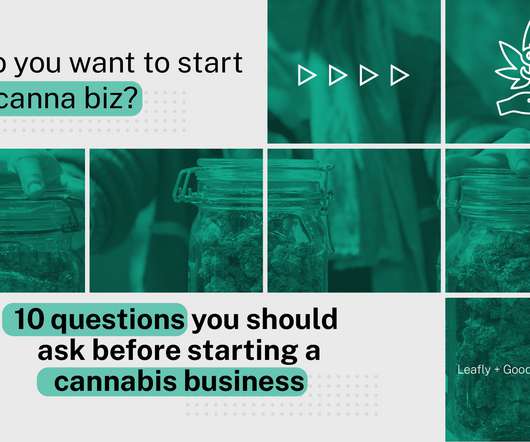New Title: Regulating Cannabis: Towards a Unified Market Paperback – 19 July 2021
Cannabis Law Report
SEPTEMBER 28, 2021
Kind words for Regulating Cannabis … “This book clearly demonstrates authority in the field of international drug policy and draws predominantly on the latest evidence in doing so. It is a substantial contribution to an emerging policy issue with a plethora of new knowledge displayed throughout. Vendula Belackova, PhD.






























Let's personalize your content